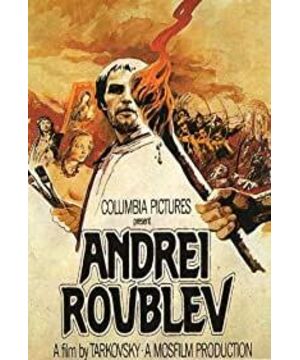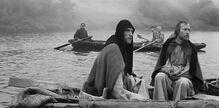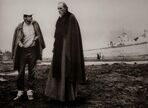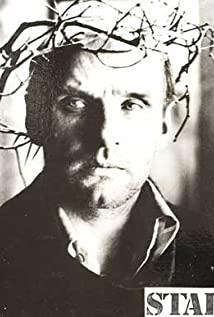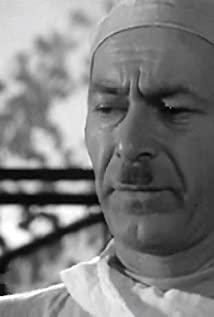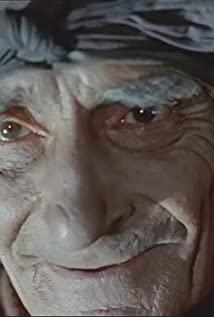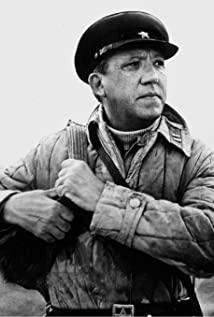Andrei Rublev evaluation action
-
Carmelo 2022-03-28 09:01:04
Four and a half stars. [183min Blu-ray version] Tarkovsky's second feature film, a biopic of the icon painter Rublev, nearly three hours of black and white turned into a few minutes of color paintings, and the focus is not on creation but on the mental journey before creation. The shot scheduling is very good and very skillful, especially I am very impressed by the several ascending shots that God overlooked. Some of the scenes are similar to the old tower's debut "Ivan's Childhood" - especially the scenes in the woods. The religious connotation is quite heavy, but it has been treated as a story. As far as poetic images are concerned, it is not difficult to understand. It may be difficult to understand the setting of a large number of elements. The bells have been used to carve the passage of time, and the miserable world has been used to cast shocking portraits. The style of painting can not help but remind people of Bella Tal.
-
Frieda 2021-12-22 08:01:13
It is a maverick, does not focus on the life and past of the characters, but focuses on the materials that form the spiritual world of the biography, and depicts the tortuous life of the artist from classical epic forms such as artistic ethics, testimony of suffering, and reconstruction of beliefs. It is about how Lu's creation does not occupy much space in the whole film. It is explored with the cognition that is closest to the spiritual essence rather than the historical reality. The power is enough to break the barriers of the times. Tarkovsky needs to be treated with awe forever. Heart.
-
Andrei Rublyov: I am what I am. You couldn't teach me integrity.
-
Andrei Rublyov: You just spoke of Jesus. Perhaps he was born and crucified to reconcile God and man. Jesus came from God, so he is all-powerful. And if He died on the cross it was predetermined and His crucifixion and death were God's will. That would have aroused hatred not in those that crucified him but in those that loved him if they had been near him at that moment, because they loved him as a man only. But if He, of His own will, left them, He displayed injustice, or even cruelty. Maybe those who crucified him loved him because they helped in this divine plan.


